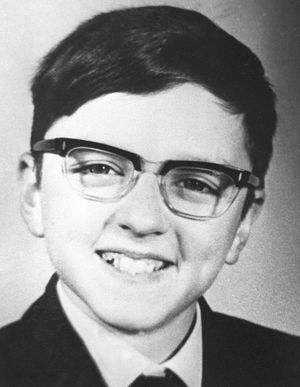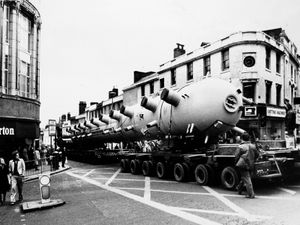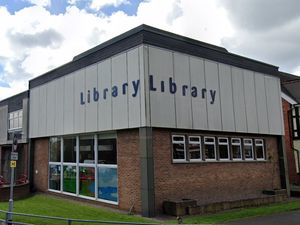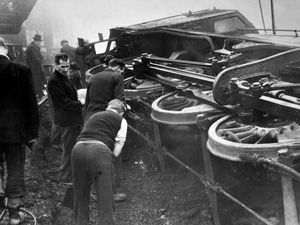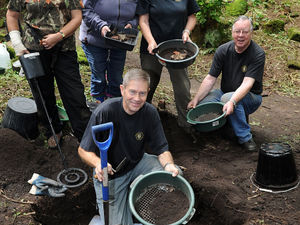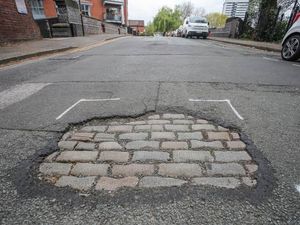Slade, strikes, and a bomb blast that rocked the region - a look back at the West Midlands in the 1970s
Mark Andrews takes a look back through the decades to mark the Express & Star's 150th anniversary. Today we focus on the 1970s.
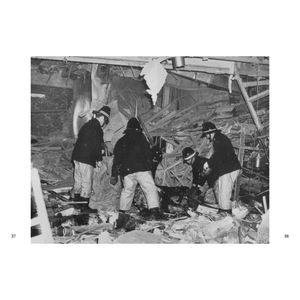
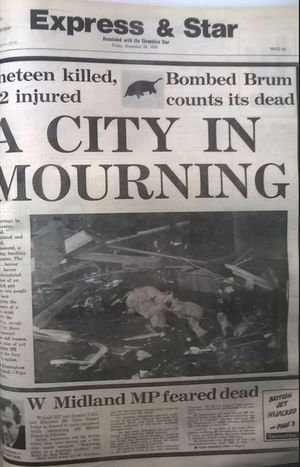
The bells pealed out from Birmingham Cathedral, as they did every Thursday evening. The city was packed, the bars starting to fill up with young people on a night out, just as office workers were preparing to go home from their after-work drinks.
And then the city was rocked by a terrifying blast, and things would never be the same again.
Fifty years on from the Birmingham pub bombings, the scars still remain. Twenty-one people were killed, and 182 injured in what was, at the time, the deadliest terror attack to take place on mainland Britain. At 8.11pm, a man with an Irish accent telephoned a newspaper switchboard, giving the IRA codeword ‘Double X’. He said two separate bombs had been planted in the Rotunda, and at the tax office in New Street.
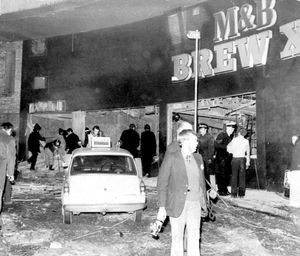
Police rushed to the Rotunda, and started checking the upper floors of the 25-storey office block. There was not time, though, to evacuate the packed Mulberry Bush pub, which occupied the lower two floors of the complex. At 8.17pm, six minutes after the first call was made, a bomb ripped through the pub, killing 10 people, including 16-year-old Neil ‘Tommy’ Marsh, and his friend Paul Davies, 17, who had been walking past the building at the time of the explosion. Among those injured were 21-year-old Maureen Carlin and her fiance Ian Lord. Maureen told Ian: “If I die, just remember I love you”. Maureen’s condition was so severe that she was given her last rites, but she recovered from her injuries – the physical ones at least.
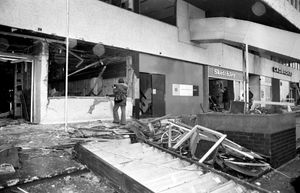
A ‘muffled thump’ could be heard a few streets away at the Tavern in the Town, a bar popular with young people in the basement of New Street tax office. But the crowds paid little attention, and carried on with their night out. Ten minutes later, a second blast ripped through the Tavern. The blast was so great that several people were blown through a brick wall, their remains becoming wedged between the rubble and live underground electric cables that supplied the city centre. Brian Yates, one of the first police officers on the scene, described the sight as “absolutely dreadful”, with several bodies stacked upon one another, others strewn about the ruined pub, and several screaming survivors staggering aimlessly amongst the debris, rubble, and severed limbs. A survivor of the atrocity described how the sound of the explosion was replaced by a ‘deafening silence’ and the smell of burnt flesh.
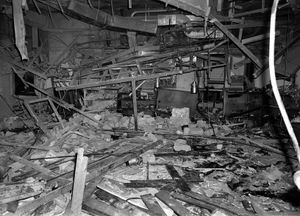
A young woman who was in the Tavern at the time fought back tears as she told the Express & Star what happened. “I went over to the bar, and suddenly there was an almighty bang. The ceiling came down and the lights went out.
“I remember my boyfriend holding my face to his chest. If he hadn’t, it would have been blown to bits.
“I saw a girl who lost her foot. It was terrible. You just can’t say how you feel. I thought I was dead.”
